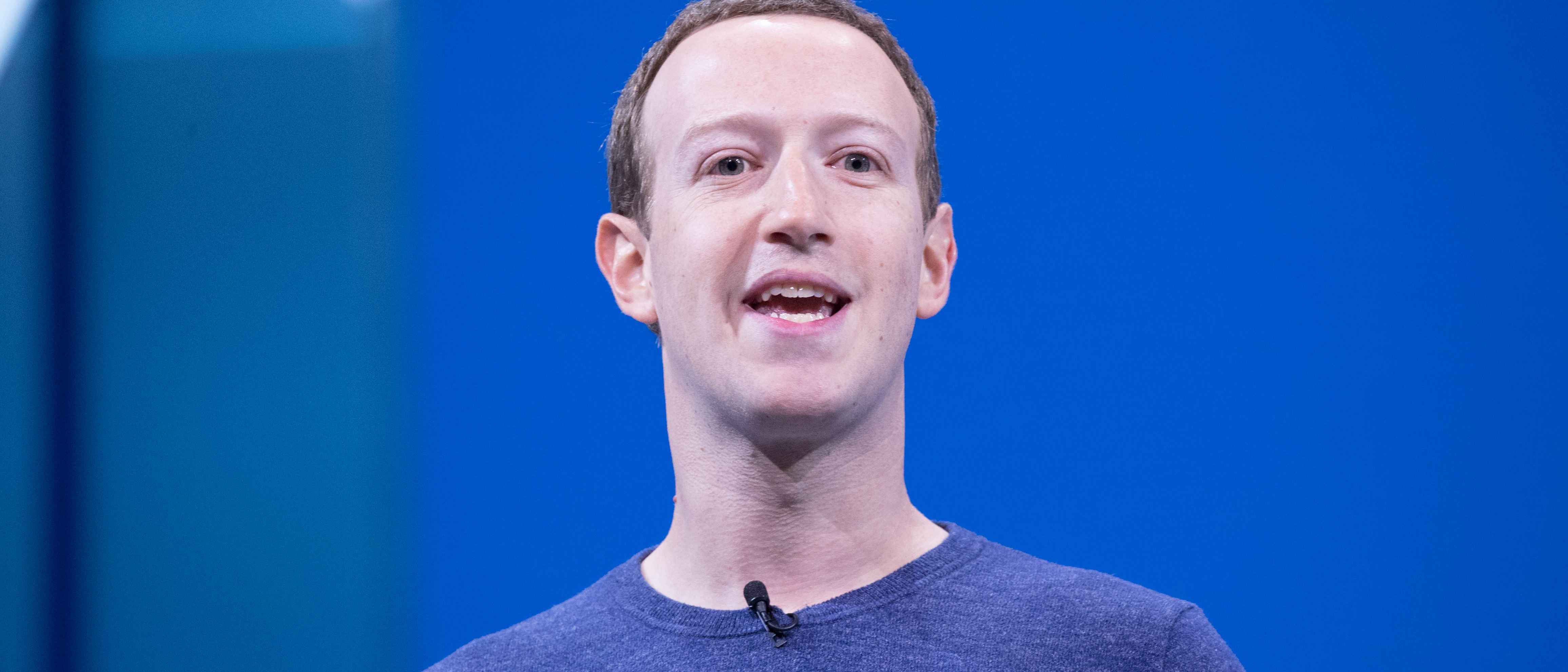Politics
LOGAN CHURCHWELL: ‘ZuckBucks’ Heads To Rural America In 2024

Mark Zuckerberg (Anthony Quintano / Filckr)
Money always finds a way. In the years following the 2020 election, dozens of states managed to ban private funding of elections. But even though Meta CEO Mark Zuckerberg has repeatedly promised not to pour more of his money into your local election office, this year, the “Zuckbucks” team is recommitted to spreading cash wherever they legally can.
Recall that in late 2020, Zuckerberg directed his charitable arm to pass $350 million through an obscure nonprofit called the Center for Tech and Civic Life (CTCL) to fund large and small election offices around the nation. Some politically important counties received millions of dollars while others did not. As of today, 28 states have since banned the practice. Despite the bans, the CTCL’s work continues. In fact, the bans guide cash along new paths of least resistance.
Earlier this month, the CTCL unveiled a “rural and nonmetro” grant program for election offices in 19 states plus U.S. territories. Counties and municipalities with a citizen voting-age population of fewer than 250,000 may apply for grants ranging between $5,000 and $100,000. Within those population requirements, the CTCL will rely on U.S. Department of Agriculture Rural-Urban coding systems to determine eligibility.
This targeting system doesn’t seem like it would be effective in helping to immediately tilt an election result — and that is the point. The brains and moneybags behind “Zuckbucks” ’24 are playing the long game.
If CTCL wanted to test the technicalities of the ban in Iowa, they could certainly try. But why take the legal risk when they can spread cash in Illinois? Dropping big money on politically important urban cores and suburbs unquestionably impacted the 2020 Election. But when you look past the big city drama of “Zuckbucks” four years ago, the genius of the ’24 plan is obvious. Big political interests do not care about the rural, flyover jurisdictions. Checks for $5,000 don’t raise alarms. But in counties and towns across America, $5,000 is a major windfall.
“Zuckbucks” 2020 offered at least $5,000 to nearly any jurisdiction that applied. These small figures were meant to appear bipartisan and fair. These were public relations grants, not material ones — many thought. The financials for these rural offices in 2020 show deeper impacts. Throughout late 2020 and 2021, I collected financials among “Zuckbucks” recipients to gauge grant amounts relative to original tax-funded budgets covering presidential election operations. Take Coleman County, Texas: original budget: $11,000 — then received $5,200 in “Zuckbucks.” Stonewall County, Texas, had a budget of $15,000 with $5,000 more in “Zuckbucks.” Early County, Georgia’s budget of $9,000 was juiced with $26,864. Ravalli County, Montana’s budget of $19,593 was supplemented with another $19,592 in “Zuckbucks.” You get the point.
“Zuckbucks” go further in rural America. Look at a population density map of U.S. counties. Rural counties outnumber urban and suburban counties and it is not close. That means more county election officials screaming at state legislators about improved funding or else they take the outside cash. My research in Montana demonstrated how county clerks went from ignorant to addicted to “Zuckbucks” in a few months.
Building a network of rural counties develops a customer base for a parallel election infrastructure using private funds to secure services from ideologically aligned organizations. These CTCL partners and allies can offer ballot redesigns, get out the vote data, mis- and disinformation tracking, risk-limiting audits and more.
The interests behind “Zuckbucks” today are not waiting for big federal or state reforms to election laws. Buying local is the new play. How do you work toward fundamental changes in state and federal elections? Start small.
Logan Churchwell is the Research Director for the Public Interest Legal Foundation.
The views and opinions expressed in this commentary are those of the author and do not reflect the official position of the Daily Caller News Foundation.
Featured Image: Anthony Quintano on Flickr
All content created by the Daily Caller News Foundation, an independent and nonpartisan newswire service, is available without charge to any legitimate news publisher that can provide a large audience. All republished articles must include our logo, our reporter’s byline and their DCNF affiliation. For any questions about our guidelines or partnering with us, please contact [email protected].

